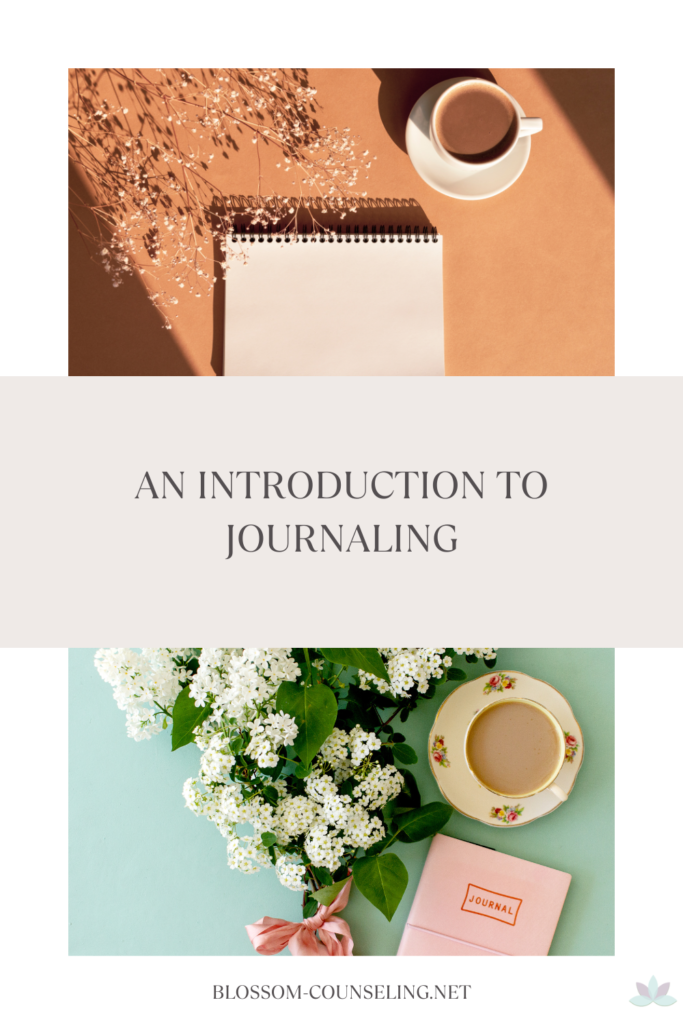
Anger. When we have it, we know what it looks like, feels like, and sounds like. And it certainly has a bad reputation. Anger is a strong emotion that shakes up the nervous system and does a number on the body.
Of all the emotions out there, this one may be the most misunderstood. You’ve probably heard both sides of its story. “Expressing anger is bad- keep it in. Expressing anger is good- let it out.” If anger isn’t handled appropriately it can hurt. Negative effects of anger are headaches, high blood pressure, insomnia, and increased anxiety, just to name a few.
But anger isn’t all bad. It can motivate us.
It can be our vehicle to positive change, if we drive it correctly.
Let’s break it down.
Anger triggers the body’s ‘fight or flight’ response. The fight or flight response prepares your body to fight or flee from a perceived threat to your survival. It is a warning bell that tells you that something is wrong. So anger gives us information by telling us something.
It is helpful then to take a closer listen. When you accept that you are not in danger, you can choose to respond by how you will, or won’t, react.
Anger is called a secondary emotion because we tend to resort to anger in order to protect ourselves from other vulnerable feelings.
A primary feeling is what is what is felt immediately before we feel anger.
We might first feel afraid, attacked, offended, disrespected, scared, embarrassed, trapped, or pressured.
When we know what came BEFORE the anger, we can work THROUGH the anger. Welcoming anger for the positive change it can bring.
Reasons for welcoming anger:
There are good reasons for dealing with anger including:
- It may give you a sense of achievement and self fulfilment.
- You may feel more relaxed, healthier and more able to get a good night’s sleep.
- You may develop stronger relationships.
- You may feel happier.
So how does one welcome anger? The way you typically express anger may take some time to modify. Suggestions include:
- Take three slow deep breaths. When you are angry, your body becomes tense. Breathing deeply will ease the tension and help lower your internal anger. Deep breathing also slows your heart rate down.
- Keep a log of your anger outbursts, to try and understand how and why you get mad.
- Consider assertiveness training, or learning about techniques of conflict resolution.
- Practice mindfulness.
- Learn relaxation techniques, such as meditation or yoga.
- See a therapist if you still feel angry about events that occurred in your past. CBT is a type of therapy that can help.
- Exercise regularly.
- Change your environment until you have calmed down. The quickest way to calm down is to take a five-minute walk to get some fresh air. Stuck in traffic? Take a mental escape by turning up the radio and singing.
- Know why you feel angry. Track down the clues about the kinds of things, situation, people and events that trigger your anger. Anger often masks our deepest fears. When anger starts, ask yourself what deep fears it might be stirring in you.
- Focus on what you can control, and let go of what you can’t. You can change only yourself and your responses to others, not what others do to you. Getting angry doesn’t fix the situation and makes you feel worse. If someone often makes you anger, look to solutions on your end. As much as you’d like to change someone else, you are only in control of YOU. If you are a parent and your child is angry, talk with them about the items on this list.
- Know who you can talk to. There are situations in which expressing your anger holds danger. Having a jealous or abusive partner is one. Talk with a friend instead of the person who wronged you; you may wind up with some solutions you never imagined. Seek help if you are in immediate danger.
- Be assertive, not aggressive, in expressing yourself. Assertiveness requires speaking in an effective, calm way towards a goal. It may help if you practice your response out loud before delivering it.
- Make positive statements. Make a few positive statements to say to yourself when your anger is triggered. They will remind you that you can choose your behavior instead of reacting automatically. For example, you might say: “I can take care of my own needs” or “I am able to make good choices.” Use these examples or develop your own personal mantra.
In conclusion, anger ignites us and brings us energy. And this is why it is SO incredibly important to welcome! The energy of anger helps direct our lives because it is a force. It is the body’s way of saying, ‘Hey! Pay attention!’ The trouble we can get into when we bring the experience labeled as anger, into relationship with others is that it can be negatively expressed.
Anger can lead to harm. But it doesn’t have to. Just because anger is present doesn’t mean it will necessarily be dangerous.
It can teach us life lessons and be empowering.
As much as we can be mad at our anger for showing up to ruin the party, let’s embrace what it can teach us. It doesn’t have to be all consuming or pointless—it can help us to better understand what we can no longer tolerate. Anger tells us that we are worth more than our struggles.
It is challenging us to make changes for the better. For victims of social injustice, it is the emotion that fuels us to stand up and take action.
When we get angry, it can help us to identify our support system—to see who can hear and affirm what we are going through. We need to feel it in order to heal and change. Let’s be ready to welcome and learn from anger. Let’s accept the bridges it burns, clearing away the negative aspects in our lives, and make a place for the positive ones.




